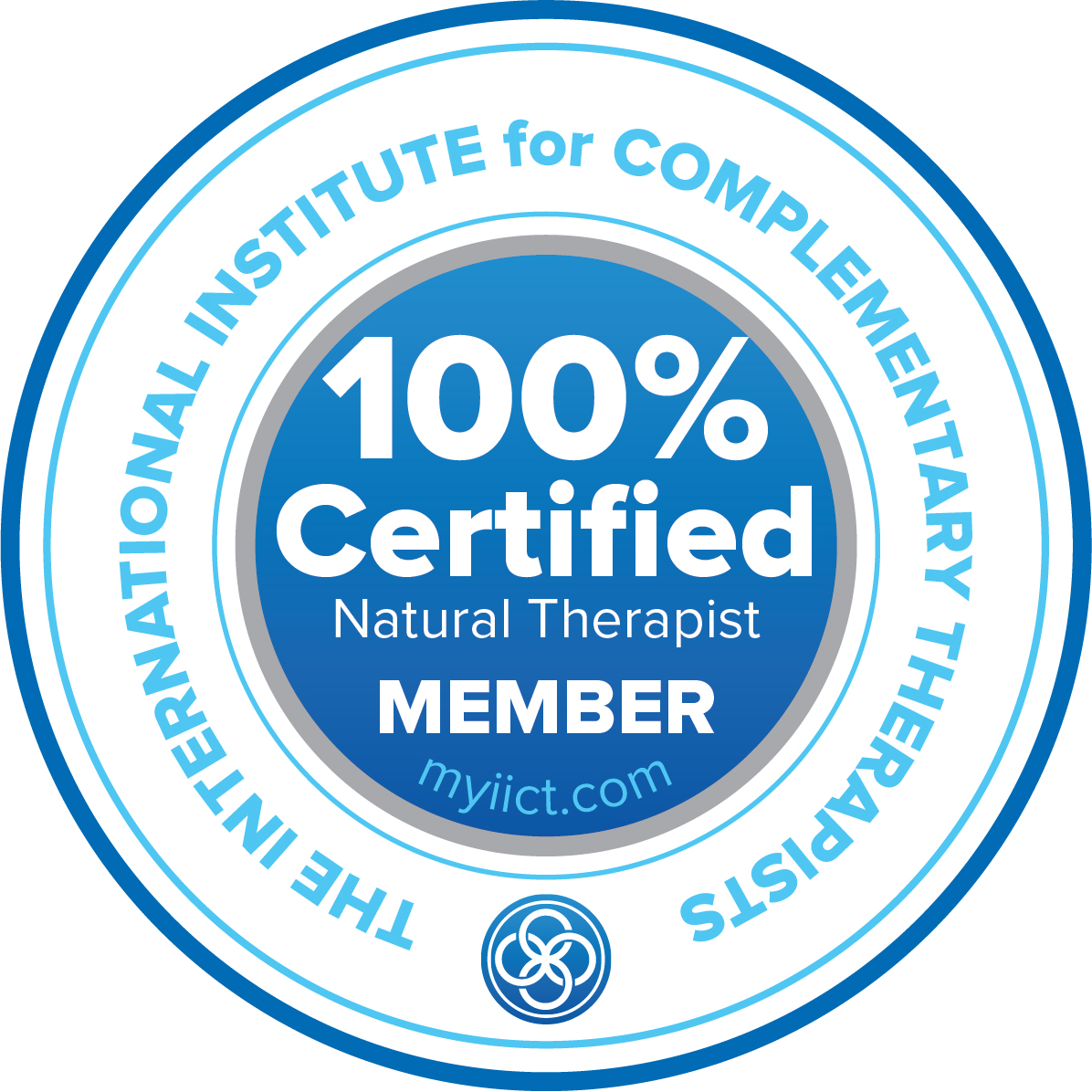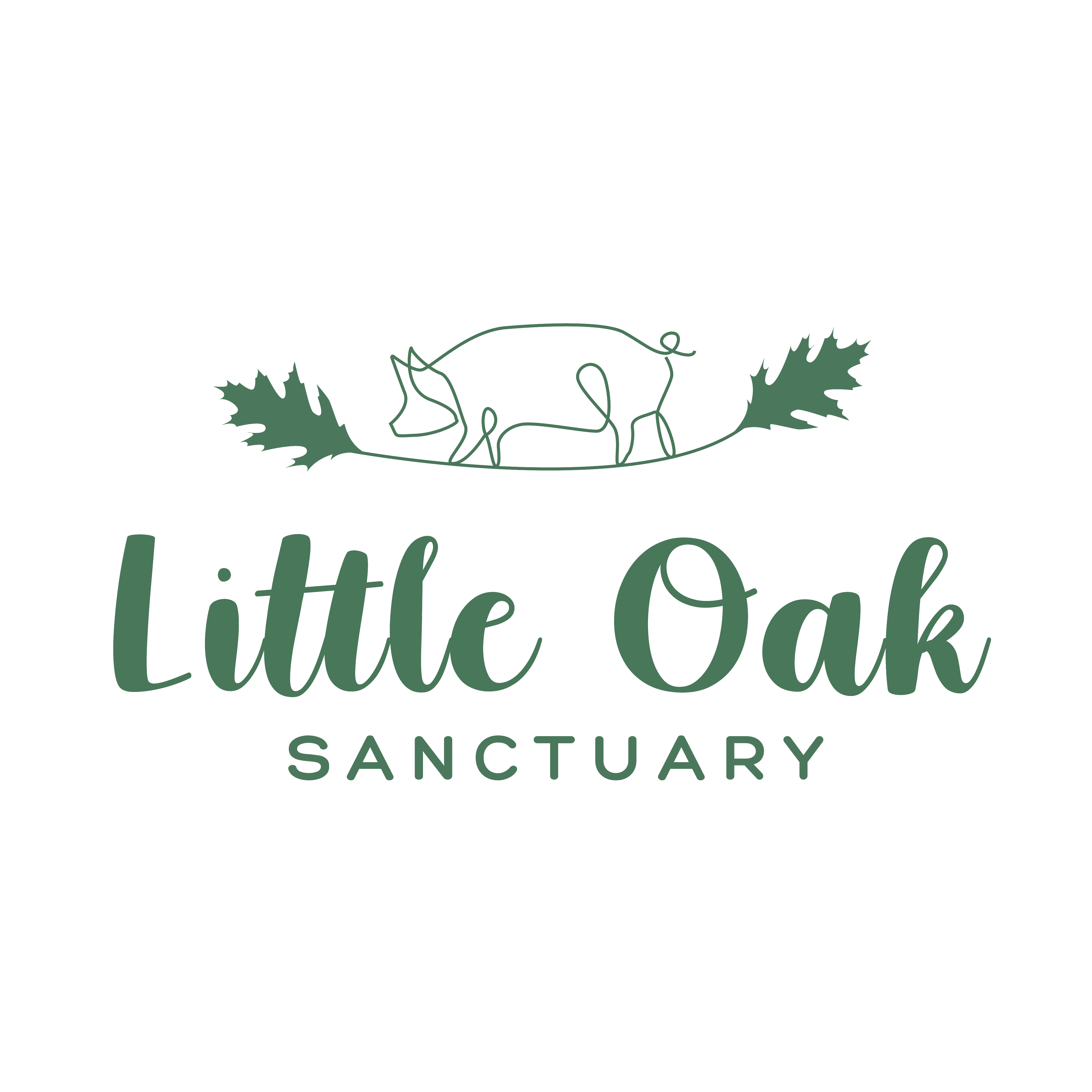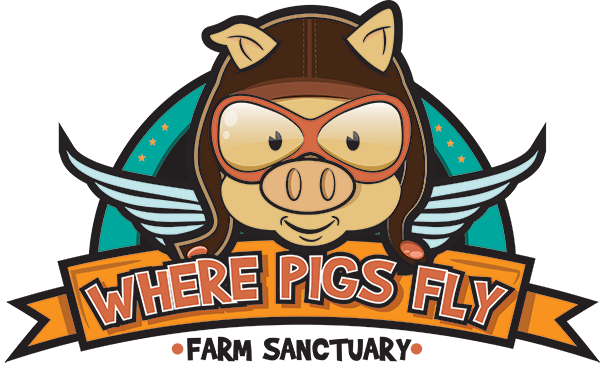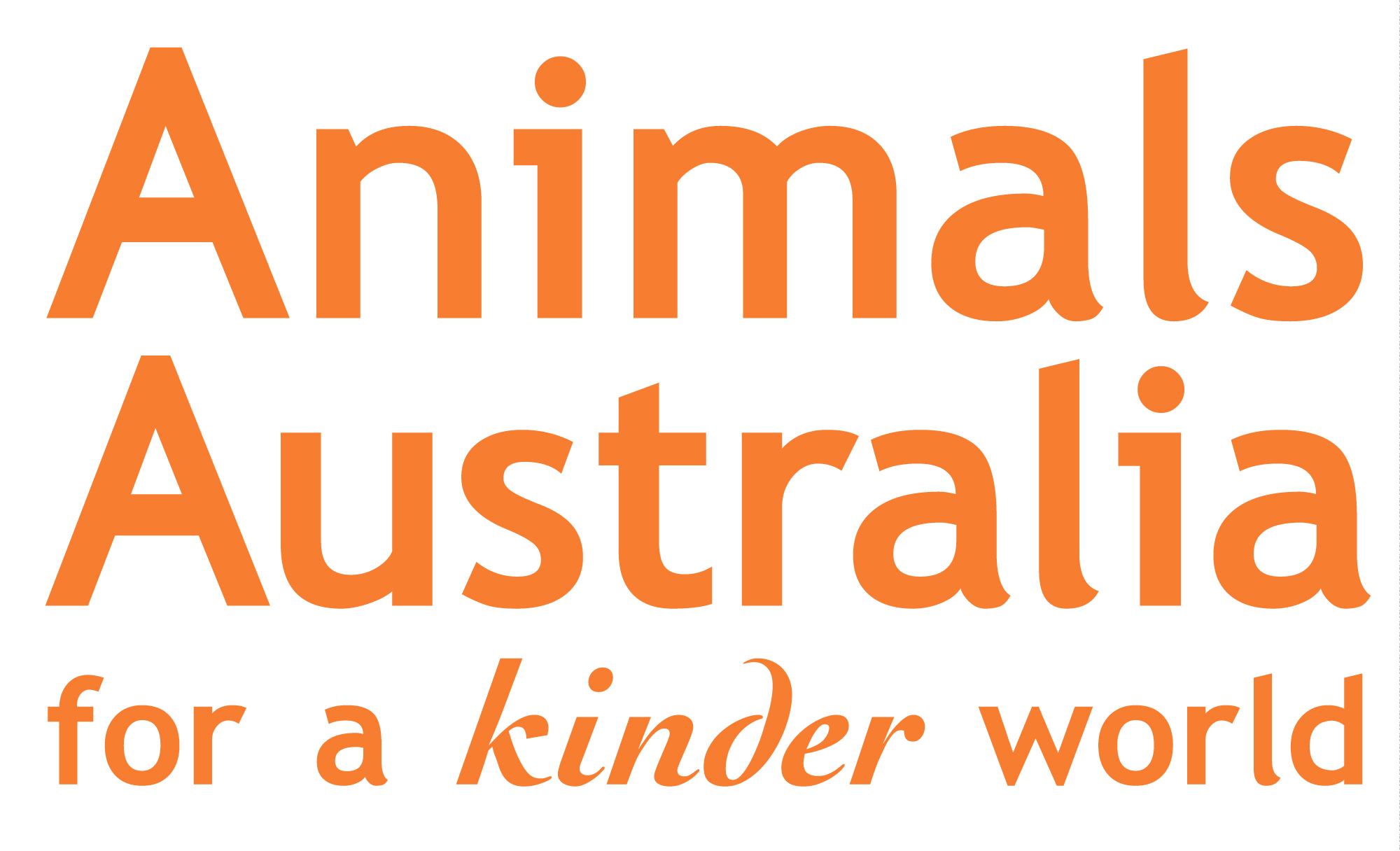For your chance to win a free consultation, sign up for updates here. There's a winner each month :)
Coping with Animal-Cruelty-Related Trauma as a Vegan

February 2016
If you're vegan or thinking about going vegan, chances are pretty high that you've been exposed to some very disturbing information – whether it was in the form of a written article, a video, or a story told by a friend. The level of violence involved in the meat, dairy, egg, and other industries that use animals can be quite extreme, and it's only natural if you've felt upset or even traumatised by it.
What is Trauma?
'Trauma' comes from the Greek word for 'wound'. Psychological trauma is like an emotional wound that you experience after going through a very stressful or distressing event, or series of events. You may be left feeling helpless or overwhelmed, with the belief that this world is a dangerous place to live in.
What Causes Trauma?
Events on their own don't necessarily lead to trauma. Everyone is different and people rarely respond to the same event in the exact same way. It all depends on how a particular person makes sense of an event, how resilient he or she is, and how much support is available afterwards.
There is a higher risk that an event will lead to trauma if it comes as a shock and you weren't expecting it, and if you were in some sort of danger. Traumatic events can include being physically hurt or abused, or being involved in a life-threatening accident or a natural disaster like a bushfire or flood.
Although traumatic events often involve harm or a direct threat to your own safety, it can result from witnessing or hearing about violence towards others as well. As stated on the website for Phoenix Australia: Centre for Posttraumatic Mental Health, traumatic events include “things that happen to you directly, or to someone you are close to. An event can be traumatic if you witnessed it happening to someone else, or if you were involved in the course of your work.”
For example, I once spoke to a lady who experienced trauma after finding out that her daughter had been assaulted. She told me that she had become anxious and continued to have nightmares about what happened to her daughter even though she hadn't actually been there to witness the event. She said she'd formed images in her mind of what had occurred, and these images arose unpredictably throughout the day which was extremely upsetting for her.
I've also had conversations with people who said they felt traumatised after seeing documentaries showing violence towards animals – some had vivid memories of what they'd seen, and described themselves as feeling a sense of hopelessness or believing there was nothing they could personally do to make a difference. It goes without saying that people who directly witness animal cruelty (such as through undercover investigations or rescue work as opposed to just watching it on TV) are at risk of experiencing trauma.
Symptoms of Trauma
Some common symptoms of trauma include:
· Shock or disbelief.
· Nightmares and flashbacks.
· Finding it hard to concentrate during everyday tasks like reading or watching TV.
· Feeling down, moody and on-edge (e.g. you might get startled after hearing a door slam, or even from the sound of toast popping up from a toaster).
· No longer enjoying activities you used to like.
· Getting into more arguments or not trusting other people anymore.
· Losing your appetite or – at the other extreme – overeating.
· Avoiding places, activities, or people that remind you of the traumatic event.
· Becoming socially withdrawn and no longer wanting to see friends or family.
· Muscle tension, headaches, upset tummy, chest pain (be sure to see a doctor if you notice physical changes to make sure they aren't caused by a medical condition).
Many people say it can be reassuring just to learn that their symptoms are common. If you've experienced any of the symptoms above after a traumatic event, you're not alone – these are all normal reactions to trauma.
Coping as a Vegan
When it comes to recovering from trauma, the support of friends and family can make a big difference. But what happens if you're vegan or trying to transition to a vegan lifestyle, and your friends and family aren't supportive or dismiss your concerns about how animals are treated?
It's not unusual to be criticised for being vegan, even (and sometimes especially) by the people you love most. You may be called “extreme”, “self-righteous”, “too idealistic”, or “crazy”. People around you might be concerned that a vegan diet is unhealthy and try to pressure you to change your mind about it. All of these things can add to your distress.
You are also likely to be constantly reminded of what you've seen or heard regarding the treatment of animals just by walking past the local butcher, or when browsing through a supermarket, by seeing TV commercials advertising meat, or at the very least by seeing animal products on the plates of others.
You might wish that you could forget it all and go back to the way things were. Kind of like when the character Cypher in the movie 'The Matrix' wishes he had never woken up to reality, and says to Neo, “I know what you're thinking, 'cause right now I'm thinking the same thing … Why oh why didn't I take the BLUE pill?” Later on he takes a bite of steak that he wants to believe is “juicy and delicious” again, just as the Matrix wants his brain to believe, and says with a sigh, “ignorance is bliss.”
It's true that awareness of widespread violence and suffering doesn't feel particularly blissful, and ignorance may seem appealing in comparison. However, by learning to cope with any symptoms of trauma that you're experiencing, you'll be healthier emotionally and in a better position to take a strong stand for issues that matter to you, such as protecting animals from cruelty.
Strategies to Cope
As mentioned earlier, it can help just to realise that some of the experiences you've been having are common. At a workshop about trauma, I remember hearing a psychologist speak about how most people have bad dreams after going through something traumatic, and it can be comforting just to know that these nightmares are normal and provide a way for your brain to process the experience. Over time, the nightmares should become less intense and occur less often.
It's also really important to be kind to yourself. I've heard people verbally beat themselves up about feeling traumatised: “I should really get over this, I don't know why I can't pull myself together”, or in the case of being upset about animal cruelty: “Other people don't seem to get so disturbed. I guess I'm weak and just too sensitive.” Being sensitive means that you care, and caring does not mean that you're weak. Trust that you can become stronger through this process, and if you want to learn more about how to cope better then try some of the strategies below:
· Care for yourself by eating healthy meals and going to bed at a regular time each night. Aim to get as much sleep as you need – for most people this ranges from 7-9 hours but you might be different. Even if it's not easy to go to sleep, remind yourself that it's worthwhile to at least lie down and give your body some rest.
· Pay attention to your breathing and try to breathe slowly into your lower belly rather than into your chest (which will feel weird at first if your breathing is normally shallow). This will help you to feel more calm.
· Bring your mind back to the present moment as often as you can. Notice what you're seeing, hearing, smelling, and feeling right now.
· Focus on what you can do to feel empowered rather than helpless. For instance, if you're disturbed about violence towards animals, you might choose to no longer support industries that involve animal cruelty, or to start signing petitions and writing letters that can help promote change. You may also find it rewarding to visit an animal sanctuary or volunteer at an animal rescue centre.
· Educate other people who are open and interested in learning more about how animals are treated in various industries. Providing such information has the potential to inspire others to make more compassionate choices, and to help you feel that you're making a positive difference.
· Limit or eliminate your exposure to graphic animal cruelty scenes if you can. For example, disconnect from certain Facebook pages or people who post violent scenes, and be careful about what documentaries and film clips you choose to watch.
· If you feel isolated, then consider reaching out to like-minded people, watching videos and reading books that were created to support vegans so you don't feel alone, or joining a vegan community or meet-up group to share your experiences in a supportive environment.
· If you'd prefer not to talk to anyone else then it can be good to write in a journal about what you're going through so that you don't 'bottle up' your emotions, which isn't healthy in the long-run.
Professional Help
Although trauma symptoms are normal, it's important to do something if you find that they're impacting your life in a big way – for example, if it becomes difficult to carry out your everyday tasks at home or work, or you start to use more alcohol or other drugs than usual.
If you feel like your symptoms haven't improved and if they continue to bother you over a number of months, it might be worthwhile seeking professional help. This can be particularly useful if you don't have anyone in your personal life who you feel comfortable speaking with about this issue.
A good first step is to see a GP and have a chat about local mental health services, or ask for a referral to see a counsellor or psychologist for face-to-face sessions. If you live in Australia, you can even do your own search for a psychologist close to home by using the APS (Australian Psychological Society) website: www.psychology.org.au/FindaPsychologist/
There is also an Animal Activist Mentor Line offered by the international animal protection organisation, In Defense of Animals (IDoA); you can access support, free counselling, and referrals to professional vegan therapists by calling 1(800) 705-0425 or email activistsupport@idausa.org
Other IDoA resources include:
* Animal Activist Online Support Group: www.idausa.org/events
* Animal Activist Facebook Group: https://www.facebook.com/groups/480910905448334/
* Sustainable Activism Webinars: www.idausa.org/webinars
* Activist Resource List: www.idausa.org/resources
You Can Make a Difference
There can be a very fine line between caring deeply and caring so much that you eventually feel traumatised or emotionally numb in response to the suffering of others. It's important to continue caring while at the same time making sure that you care for your own well-being too. This way you can become a more effective advocate for those who need help, and really feel that you're making a difference through your choices rather than being powerless to change anything. You may even become an inspiring role-model for others. Remember, you can make a stronger positive difference in the world simply because you do care.
Other Vegan Blog Posts
Using Your Unique Strengths for Vegan Advocacy
How to Say “No” When Offered Non-Vegan Food
The Potential to Lapse as a Vegan and What You Can Do About It
How to Stay Positive While Surrounded with So Much Cruelty
I’m a Vegan – Does that Make Me Extreme?
Click here to receive new articles by email



